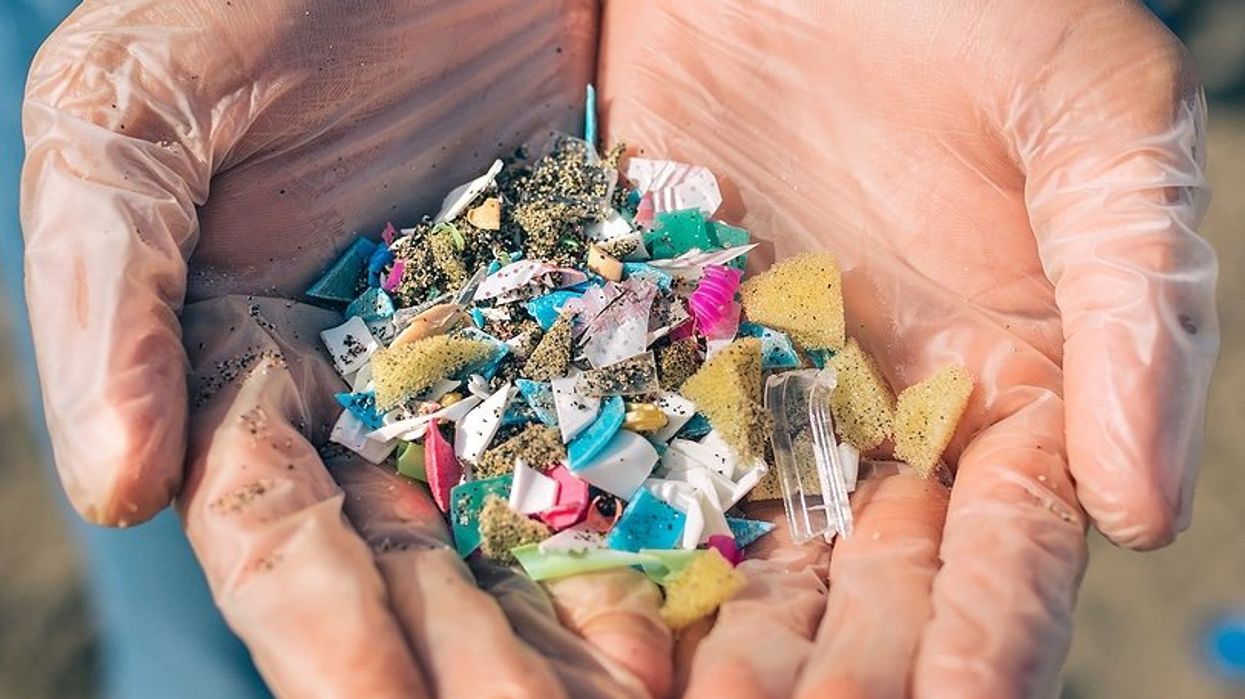A new international study links early-life exposure to a bacterial toxin from E. coli to a rise in colorectal cancer among adults under 50 in at least 27 countries.
Ian Sample and Madeleine Finlay report for The Guardian.
In short:
- Researchers found that tumors in younger bowel cancer patients were more likely to contain DNA mutations caused by colibactin, a toxin secreted by certain strains of E. coli.
- These mutations were three times more common in patients under 40 than in those over 70, and showed up more frequently in countries with higher early-onset bowel cancer rates.
- The study raises questions about how children are exposed to colibactin-producing bacteria and whether dietary or microbial interventions could reduce risk.
Key quote:
“Many early-onset colorectal cancer patients appear to have been exposed to a toxin, called colibactin, produced by some strains of the bacteria E coli in early life.”
— David Scott, director of Cancer Grand Challenges at Cancer Research UK
Why this matters:
The sharp increase in early-onset colorectal cancer is alarming, particularly because the disease historically affected older adults. Scientists are now probing environmental exposures during childhood as potential culprits, with E. coli—typically a benign resident of the gut—under new scrutiny. When certain strains release colibactin, they may cause mutations that seed cancer decades later. This line of inquiry signals a shift in cancer research: from lifestyle risks like diet and exercise to microbial and early-life exposures that could quietly shape long-term health. With early-onset colorectal cancer cases expected to rise steeply, especially in countries with Western-style diets and sedentary lifestyles, uncovering the microbiological and environmental roots of disease has become both urgent and globally relevant.
Related: Cancer is striking the young, perplexing scientists














